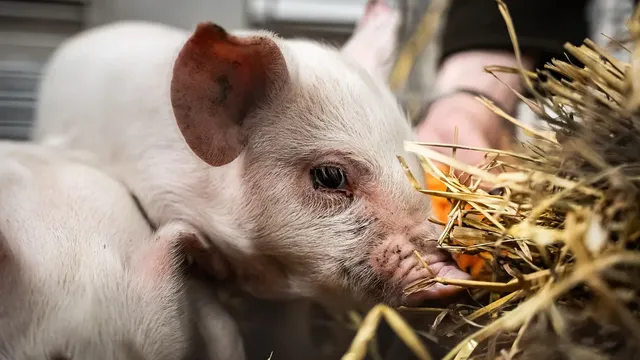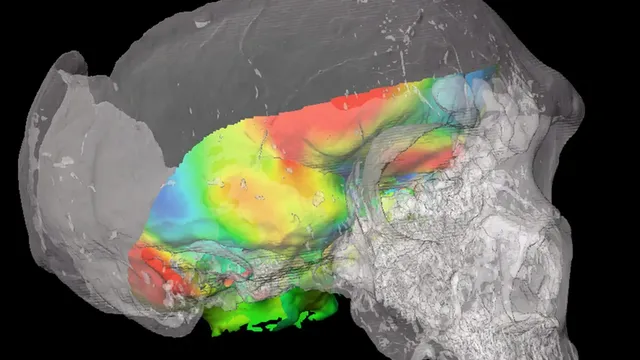For the first time, a pig liver has been successfully transplanted into a human. Scientists say pig livers can be used to sustain people's lives while they wait for a suitable human donor, which can take months and even years, the Mirror reported.
Chinese scientists genetically modified a miniature pig to minimise the risk of organ rejection before transplanting its liver into a brain-dead patient. It successfully produces bile and maintains a stable blood flow, and the researchers claim that pig livers can now "solve the problem of severe liver failure".
Study author Professor Lin Wang from the Fourth Military Medical University in Xian province said, "The liver taken from a modified pig functions very well in the human body. This operation was really successful. We examined the blood flow in different vessels and arteries. The flow is very smooth. It functions very well. We have an opportunity in the future to solve the problem of a patient with severe liver failure. Our dream is to make this achievement."
There are currently over 600 people with end-stage liver disease in the UK who need a transplant. Life-saving surgery is also performed in some patients with primary liver cancer and children with metabolic diseases.
The breakthrough findings, published in the journal Nature, suggest that genetically modified pig livers can survive and function in human bodies. Scientists also monitored the liver's ability to perform its basic functions, blood flow and immune and inflammatory responses for 10 days.
Demand for donor livers far outstrips supply, so pigs have long been considered a possible alternative, given the similarity of their organs to those of humans. Scientists have previously succeeded in transplanting pig kidneys and hearts into humans, but these organs primarily have one function.
Liver transplantation has proved difficult to achieve over more than a decade of research as it performs many vital functions, which Professor Wang said is "a huge hurdle to overcome". These functions include filtering blood, metabolizing nutrients, detoxifying harmful substances, producing bile for digestion and storing essential nutrients. In 2013, scientists performed the first liver transplant from a pig to a monkey.
Rafael Mattesanz, founder of the National Transplant Organisation in Spain, said, "This is the world's first case of transplanting a genetically modified pig liver into a brain-dead human. The ultimate goal of the experiment was not to achieve a standard liver transplant, but to serve as a 'bridge organ' in cases of acute liver failure while waiting for a human organ for definitive transplantation."
The experiment was terminated after 10 days due to requests from the family of the brain-dead patient. Scientists insist that further studies of long-term outcomes are needed.
Six of the liver's genes have been modified to improve compatibility when transplanted into humans. Professor Wang added: "The pig liver can survive alongside the original human liver and perhaps provide additional support."
The scientist said his team wants to transplant pig livers into people who have not suffered brain death in the future, but stressed there are "many rules" about this in China.
Only basic liver functions have been assessed and the team has been unable to collect longer-term data on more complex liver functions, such as drug metabolism, detoxification or immune function. | BGNES

 Breaking news
Breaking news
 Europe
Europe
 Bulgaria
Bulgaria







